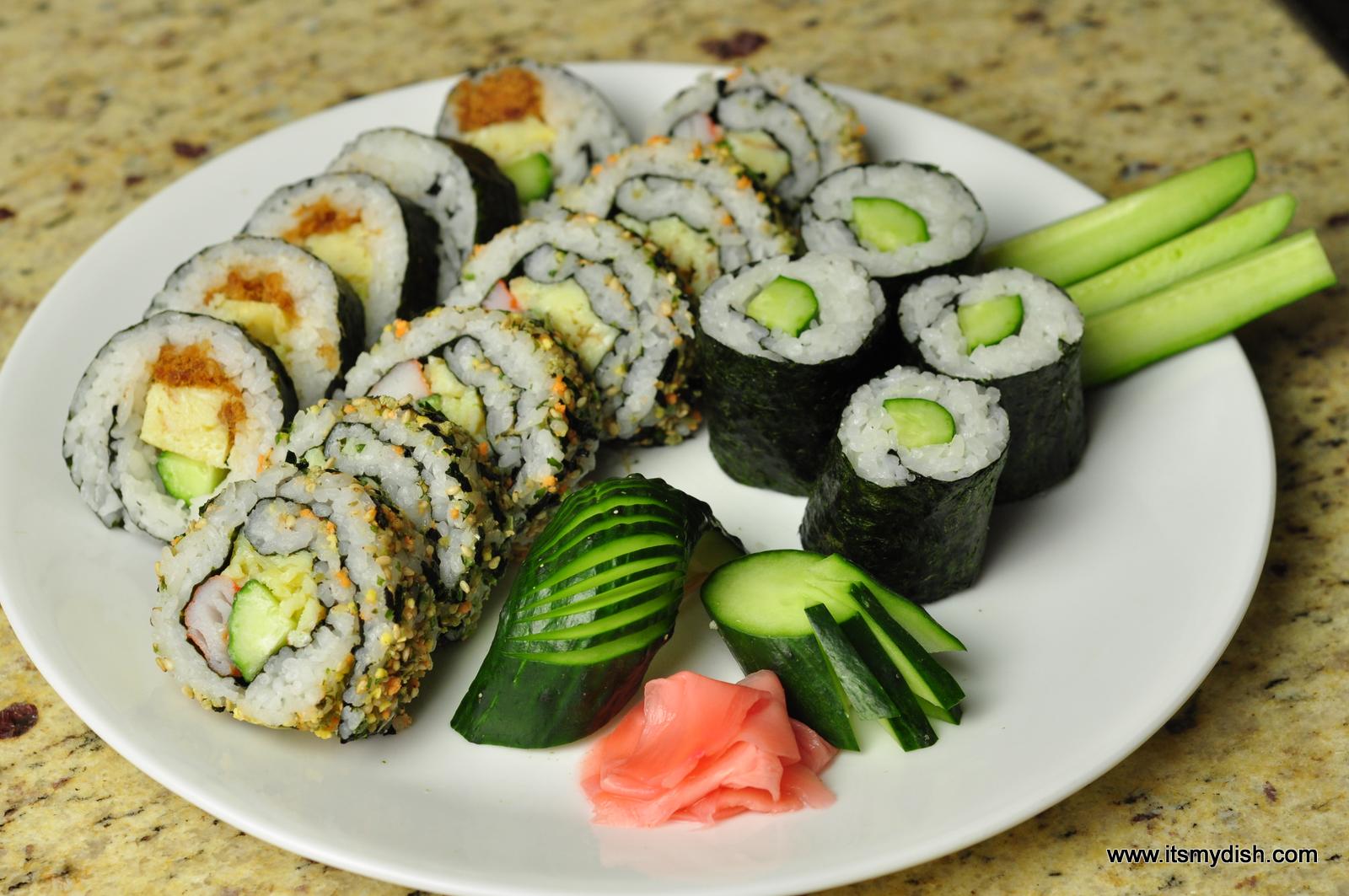
网站公告
more- Don't Neglec... 25-04-22 11:42
- 10 Explanati... 25-04-22 11:41
- 5 Techniques... 25-04-22 11:39
- You Can Crea... 25-04-22 11:38
Weight Loss Recipes
LorettaSettles508 2025.04.19 21:01 查看 : 2
 Sushi making is not just about creating delicious and visually appealing dishes its health benefits are numerous.
Sushi making is not just about creating delicious and visually appealing dishes its health benefits are numerous. With the right mindset and ingredients, a sushi maker can create a nutritious and low-calorie meal that promotes healthy eating habits|promotes weight loss|helps manage a healthy lifestyle.
One of the primary reasons why sushi making is beneficial for weight loss is due to its focus on raw ingredients and essential nutrients.
Unlike deep-fried or cooked foods that are high in calories and added oils, sushi relies on fresh ingredients.
Raw fish, vegetables, and seaweed are the primary components of sushi, which are not only low in calories but also packed with essential vitamins and minerals.
Another significant advantage of sushi making for weight loss is the ability to control portion sizes and ingredients creatively.
By choosing a variety of colors and ingredients, a sushi maker can create a balanced meal that meets their nutritional needs.
Additionally, sushi making allows individuals to customize their dishes according to their dietary requirements by choosing healthy ingredients carefully.
For example, those who are watching their carb intake can opt for low-carb options such as brown rice or cauliflower rice.
When it comes to specific tips for weight loss through sushi making, here are a few suggestions:
- Choose low-calorie toppings such as kale along with other nutrient-rich fresh fruits.
- Opt for red rice instead of white rice to increase fiber intake slowly.
- Select shrimp as lean protein sources along with other low-calorie meats.
- Limit added oils and sauces to minimize calorie intake and opt for natural flavors.
- Experiment with new ingredients and flavors to keep meals healthy and delicious.
Sushi rolls made with cauliflower rice, shirataki noodles, or cucumber are great options as they are low in carbohydrates and high in fiber naturally.
Additionally, choosing fillings such as tuna, salmon, or tofu which are low in added sugars and refined carbohydrates are a safer option.
Another benefit of sushi making is its potential to be adapted to specific dietary needs and preferences, making it a great option for those with dietary requirements.
For instance, vegetarians can choose tofu as a protein source, while gluten-intolerant individuals can opt for sesame oil.
These adaptability options make sushi a versatile option for anyone with flexible eating plans.
In conclusion, sushi making can be an effective way to promote weight loss or management by focusing on raw ingredients, portion control, and customizable options.
By choosing low-calorie toppings, opting for low-carb ingredients, and experimenting with new flavors, individuals can create a balanced meal that meets their dietary needs and preferences.
?? 0
Copyright © youlimart.com All Rights Reserved.鲁ICP备18045292号-2 鲁公网安备 37021402000770号

